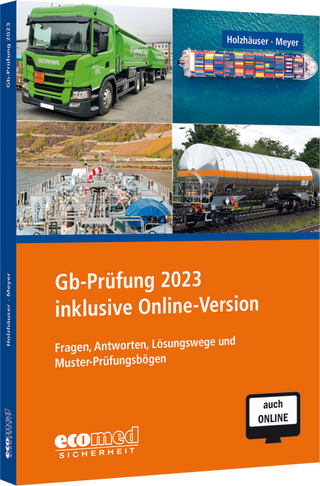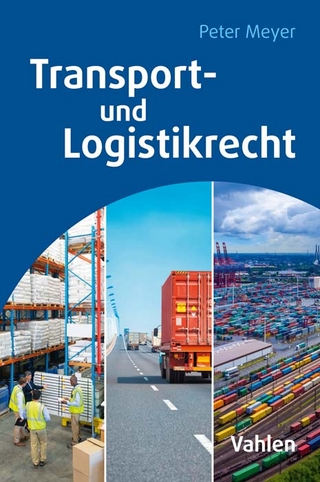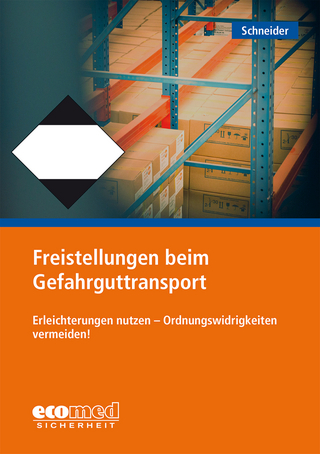
The End of Driving
Elsevier - Health Sciences Division (Verlag)
978-0-443-22392-1 (ISBN)
- Noch nicht erschienen (ca. Februar 2025)
- Versandkostenfrei innerhalb Deutschlands
- Auch auf Rechnung
- Verfügbarkeit in der Filiale vor Ort prüfen
- Artikel merken
Bern Grush is a transportation demand management and geographic systems entrepreneur, consultant, speaker, and writer. Co-Founder of Grush Niles Strategic, Bern develops patents and technologies for autonomous road tolling and autonomous parking, is a contributing author to Disrupting Mobility: Impacts of Sharing Economy and Innovative Transportation on Cities (Springer, 2017), and holds degrees in Human Factors and Systems Design Engineering from the University of Toronto. John Niles researches, designs, plans, and evaluates transportation improvement policies and actions. He is a Research Associate with the Mineta Transportation Institute at San Jose State University, Executive Director of the Center for Advanced Transportation and Energy Solutions in Seattle, and Co-Founder of both the Grush Niles Strategic and Global Telematics consultancies. He holds degrees from Massachusetts Institute of Technology and Carnegie Mellon University. Andrew Miller, PhD is a speaker, writer, and consultant. He has 20 years of experience spanning academia; Canadian government at the municipal and provincial levels; and private-sector advisory. He also served as the Toronto mobility lead for Sidewalk Labs, Google's smart-city firm, designing innovative transport systems, including infrastructure for automated driving. Andrew has served as an invited expert on automated driving, and the future of mobility generally, to global audiences, including the leadership of General Motors; of Woven, Toyota’s future-mobility arm; and the Senate of Canada. He also sits on the boards of a variety of for-profit and not-for-profit organizations that aim to improve mobility networks in the greater Toronto area. He holds advanced degrees from Yale and Johns Hopkins Universities.
1. Critical Terminology and System Views Summary
2. Three Planning Contexts: Hype, Diffusion, and Governance
PART 1: CONTEXT
3. A Broad Context: The Contention of Change
4. Conflicting Narratives: Shared Understanding Will Be Difficult to Achieve
PART 2: PROBLEM
5. A Challenging Transition: Two Competing Markets
6. Transitioning Through Multiple Automated Forms
7. How Privately Owned Vehicles Could Dominate the Next 30 Years
8. The Problem of Traffic Congestion
9. Barriers to Shared Use of Vehicles
PART 3: SOLUTIONS
10. Microtransit Rising and Potentially Evolving into Shared Robotaxis
11. Governing Fleets of Automated Vehicles
12. The End of Driving and Transit-Oriented Development
13. How Behavioral Economics Can Help
14. Beyond personal mobility 15. The path to zero-car-ownership communities CONCLUSION
| Erscheint lt. Verlag | 1.2.2025 |
|---|---|
| Verlagsort | Philadelphia |
| Sprache | englisch |
| Maße | 152 x 229 mm |
| Themenwelt | Recht / Steuern ► EU / Internationales Recht |
| Recht / Steuern ► Privatrecht / Bürgerliches Recht ► Transportrecht | |
| Technik ► Fahrzeugbau / Schiffbau | |
| ISBN-10 | 0-443-22392-0 / 0443223920 |
| ISBN-13 | 978-0-443-22392-1 / 9780443223921 |
| Zustand | Neuware |
| Haben Sie eine Frage zum Produkt? |
aus dem Bereich


